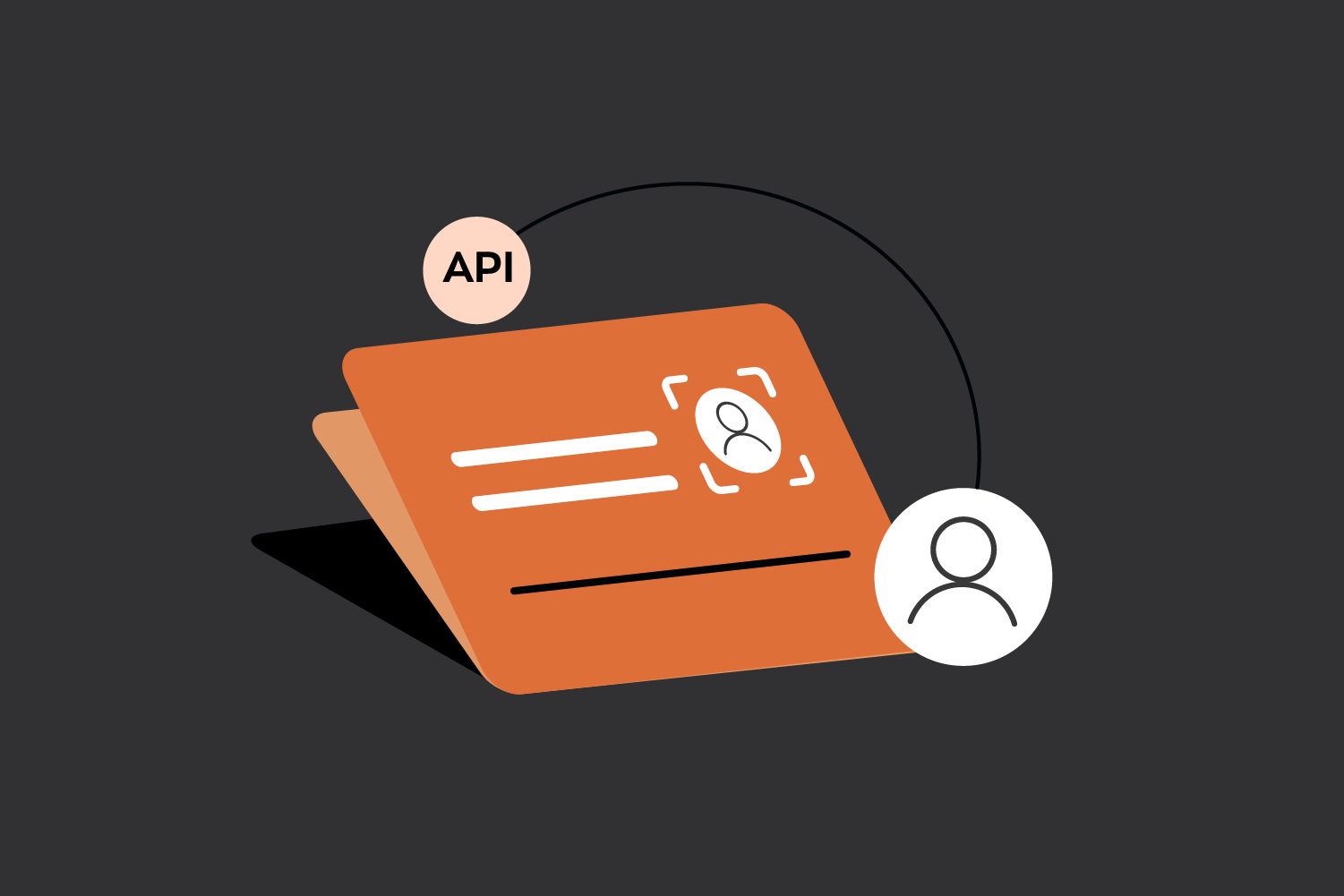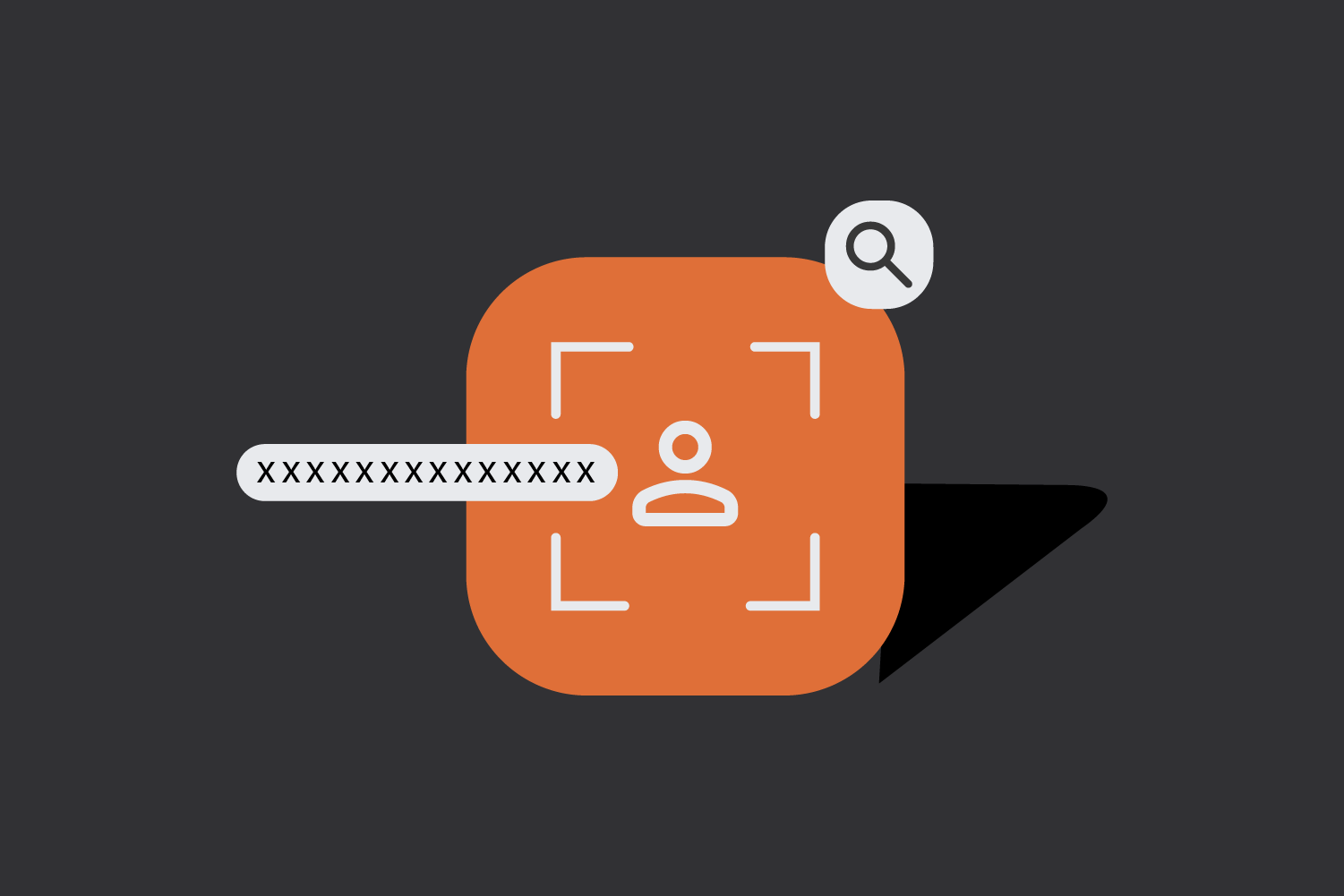PCI DSS is a globally recognized set of security standards designed to ensure that all companies that accept, process, store, or transmit credit card information maintain a secure environment. PCI DSS compliance is essential f or protecting sensitive cardholder data and minimizing the risk of fraud. Businesses that handle payments, including e-commerce stores, are required to adhere to these standards to build customer trust and avoid penalties.
PCI SSC: The Governing Body Behind PCI DSS
The Payment Card Industry Security Standards Council (PCI SSC) is a global organization established by major payment card brands, including Visa, MasterCard, American Express, Discover, and JCB, to enhance payment security. As the governing body behind PCI DSS, the Council develops, maintains, and promotes these standards to ensure the secure handling of cardholder data.
Payment processors and merchants adhere to PCI DSS due to contractual obligations with card networks and acquiring banks. Compliance is critical for maintaining access to the card payment ecosystem, reducing liability risks, and avoiding penalties associated with non-compliance.
By aligning with PCI SSC guidelines, businesses demonstrate their commitment to protecting sensitive customer data and safeguarding the integrity of payment systems globally.
PCI DSS – Full Form and Its Obligations
The full form of PCI DSS is Payment Card Industry Data Security Standard.
PCI DSS compliance involves following a set of 12 requirements, including encrypting cardholder data, maintaining secure networks, and monitoring access to payment information. Let’s take a look at them below:
| Goals | DSS Requirements |
|---|---|
| Build and Maintain a Secure Network and Systems | 1. Install and maintain a firewall configuration to protect cardholder data 2. Do not use vendor-supplied defaults for system passwords and other security parameters |
| Protect Cardholder Data | 3. Protect stored cardholder data 4. Encrypt transmission of cardholder data across open, public networks |
| Maintain a Vulnerability Management Program | 5. Protect all systems against malware and regularly update antivirus software or programs 6. Develop and maintain secure systems and applications |
| Implement Strong Access Control Measures | 7. Restrict access to cardholder data by business need to know 8. Identify and authenticate access to system components 9. Restrict physical access to cardholder data |
| Regularly Monitor and Test Networks | 10. Track and monitor all access to network resources and cardholder data 11. Regularly test security systems and processes |
| Maintain an Information Security Policy | 12. Maintain a policy that addresses information security for all personnel |
Failing to meet these standards can lead to data breaches, financial losses, and reputational damage. For businesses choosing a payment gateway, opting for one that is PCI DSS compliant ensures that transactions are secure and customer data is protected.
Why PCI DSS is Critical for Businesses
Merchant-based vulnerabilities may appear almost anywhere in the card-processing ecosystem including:
- Point-of-sale devices;
- Mobile devices, personal computers or servers;
- Wireless hotspots;
- Web shopping applications;
- Paper-based storage systems;
- The transmission of cardholder data to service providers;
- In remote access connections.
By addressing these vulnerabilities and implementing robust security measures, businesses can ensure compliance with PCI DSS standards while protecting sensitive data.
Here’s why adhering to PCI DSS is important:
- Protects cardholder data: PCI DSS compliance ensures that sensitive cardholder data, such as credit card numbers, is stored and transmitted securely, reducing the risk of unauthorized access or breaches.
- Builds customer trust: When customers see that a business complies with PCI DSS, they are more likely to trust the payment process and complete their purchases.
- Minimizes financial risks: Non-compliance can lead to hefty fines and costs associated with data breaches. Being PCI DSS compliant helps businesses avoid these penalties.
- Compliance is mandatory: Businesses that process card payments are required to follow PCI DSS standards. Choosing a PCI DSS-compliant payment gateway simplifies this requirement for merchants.
- Supports global transactions: With the rise of e-commerce, businesses often deal with customers from different countries. PCI DSS compliance ensures a secure payment experience for a global customer base.
How PCI DSS Certification Benefits Payment Gateways
- Ensures secure transactions: Payment gateways with PCI DSS certification maintain high standards of security, offering a safe platform for businesses and their customers.
- Simplifies merchant compliance: Merchants using a PCI DSS-compliant gateway don’t need to worry about implementing all compliance measures themselves, as the payment gateway provider handles key security processes, including encryption and tokenization, reducing the burden on the business.
- Reduces fraud risks: Secure gateways help detect and prevent fraudulent transactions, protecting businesses and their customers from financial losses.
- Enhances business reputation: A PCI DSS-certified gateway reflects a business’s commitment to security, enhancing trust among customers and partners.
Choosing a PCI DSS-Compliant Payment Gateway
When selecting a payment gateway for your business, ensuring that it is PCI DSS compliant is essential. Here are key factors to consider:
- Level of security: Confirm the gateway meets PCI DSS requirements and employs advanced security measures like tokenization and encryption.
- Compliance simplification: A compliant gateway reduces the complexity of meeting standards for merchants by automating key security processes, such as data encryption and transaction monitoring.
- Scalability: Opt for a payment gateway that supports your business growth while maintaining security compliance.
Conclusion
PCI DSS compliance is not just a regulatory requirement but a critical aspect of building trust, securing transactions, and protecting your business from financial and reputational risks. At Zwitch, we prioritize security by offering a PCI DSS-compliant payment gateway that simplifies compliance for businesses of all sizes. A PCI DSS-certified payment gateway ensures that you meet these standards seamlessly, providing a secure and reliable payment experience for your customers.
FAQs
What is PCI DSS compliance, and who needs it?
PCI DSS compliance refers to adhering to the Payment Card Industry Data Security Standard, a set of security measures designed to protect credit card data. Any business that accepts, processes, stores, or transmits cardholder information must comply with PCI DSS standards.
What are the consequences of non-compliance with PCI DSS?
Failing to comply with PCI DSS can result in fines, increased transaction fees, and potential legal action. Additionally, businesses risk reputational damage and financial losses from data breaches and fraudulent transactions.
How does a PCI DSS-compliant payment gateway simplify compliance for businesses?
A PCI DSS-compliant payment gateway handles critical security processes such as encryption, tokenization, and secure data storage, reducing the need for businesses to implement these measures themselves. This helps merchants meet compliance standards with minimal effort.
How do I check if a payment gateway is PCI DSS compliant?
You can verify a payment gateway’s compliance by checking their certification status on the PCI Security Standards Council’s official website or requesting documentation from the provider confirming their adherence to PCI DSS standards.



0 Comments